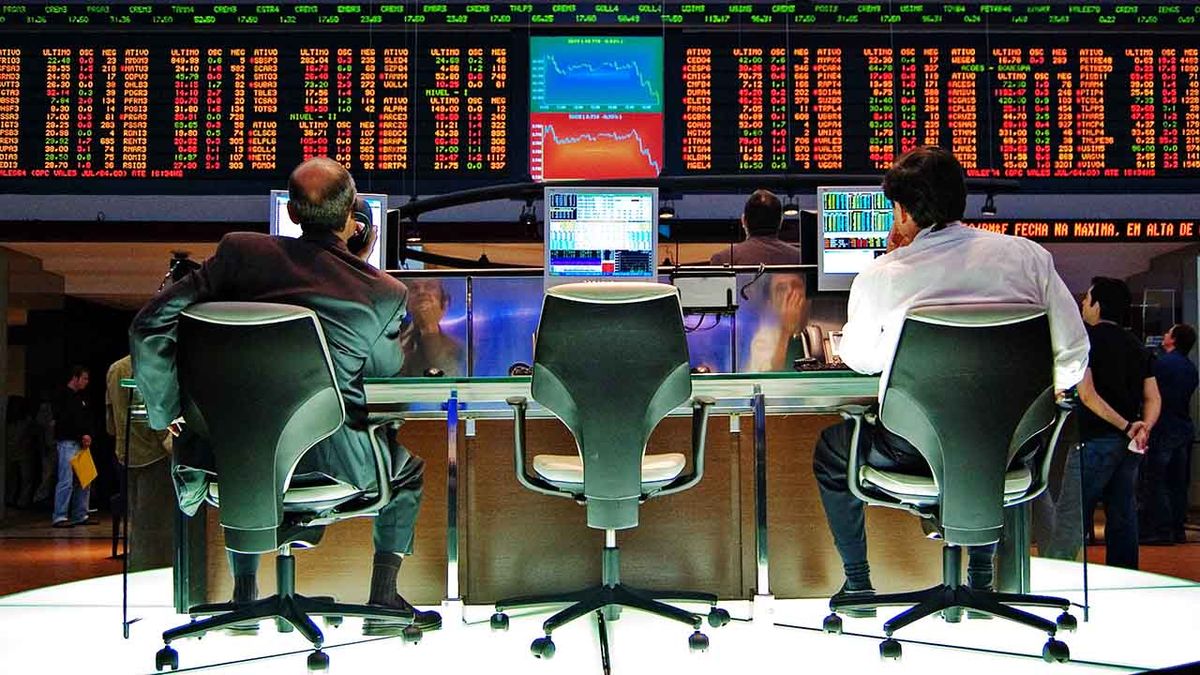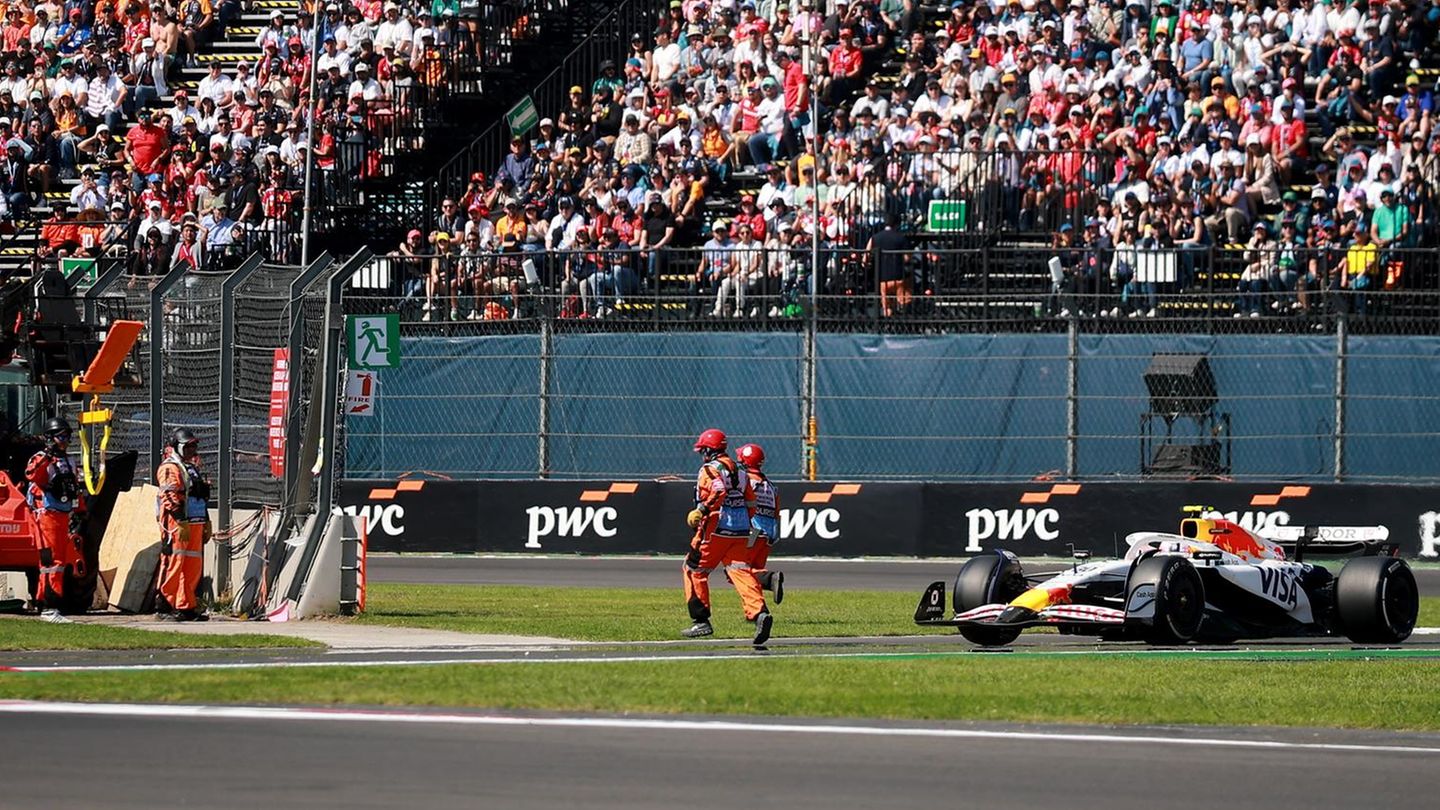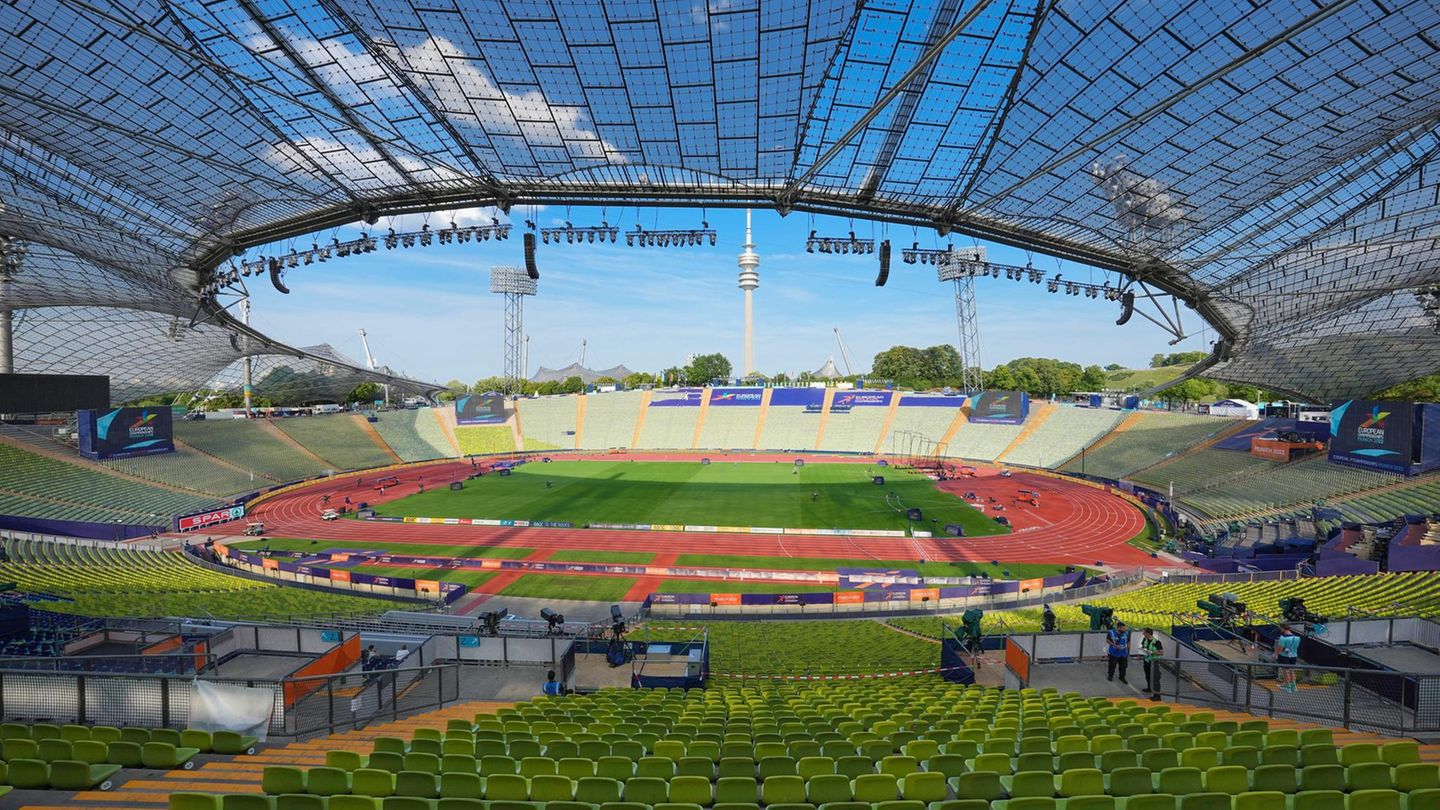“Unlike on previous occasions, the reaction of the financial markets before this electoral event has been relatively mild, although we have seen a modest uptick in volatility levels”, indicate the experts at Ebury in Bolsamanía. We believe that this reaction can be attributed to the market’s familiarity with both politicians (Lula was president between 2003 and 2011). Furthermore, since 2002, all elections have been decided in a second round (expected to take place a month after the first vote this Sunday), if neither candidate gets 50% of the vote.
That said, experts warn that until the new president is elected or the economic team of Lula and Bolsonaro for the new mandate is known, the Brazilian real and stocks may show uneasiness. In addition, the market is bracing for a fiscal budget deterioration in 2023, as both the current and former presidents advocate spending expansion next year. “Although both candidates stand at opposite ends of the political spectrum, they are likely to remain similar fiscal policies that favor populism above the much-needed structural reform”, indicate the experts from AXA IM.
As additional risks, Ebury highlights the eventual rejection of Bolsonaro in the event of a defeat, which continues to maintain the offensive electoral environment. According to the current president, if it does not receive at least 60% of the votes “something abnormal would have happened”. “In a scenario in which Bolsonaro refused to go quietly, we could see some weakness in the brazilian real immediately after the second round, although we continue to firmly believe that the most likely scenario is a peaceful transition between the two governments”, they point out from the Fintech.
The experts also emphasize the debate around the ambiguity between the election and its impact on governance. “The next president will face a highly fragmented Congress that will prevent both a radical political shift to the left in the event of Lula’s victory, and also the structural reforms needed to boost economic growth and ensure fiscal sustainability.”warn from AXA IM.
What is expected in the short term
In the likely event of a Lula victory, as all recent polls indicate, “the short-term scenario may be more uncertain due to the need for a more severe debate on the 2023 budget, which would maintain the high risk premium of the Brazilian currency in the medium term”, elaborate. “We also note that a victory for Lula could generate other points of controversy, such as the definition of his economic team, and in particular, his economy minister, which could move the markets,” they add.
The Bolsonaro’s re-election could be moderately positive for local assetsFintech analysts indicate, “given that the current president has expressed a greater inclination to support the market and limit public spending, presenting a faster resolution of the fiscal stampede.” “A surprising victory for Bolsonaro in the second round would be perceived by investors as bullish news for the real”, they advance.
Despite the fact that the most probable result of the elections has already been largely discounted by the markets before the vote, Ebury experts warn that there is still uncertainty around the real, “although perhaps this disadvantage is offset by high interest rates in Brazil”.
Jair Bolsonaro unveiled a less aggressive plan to reformulate the tax structure and provided a solution to fiscal inconsistency. While Lula’s electoral proposals, according to analysts, require greater spending.
Source: Ambito
David William is a talented author who has made a name for himself in the world of writing. He is a professional author who writes on a wide range of topics, from general interest to opinion news. David is currently working as a writer at 24 hours worlds where he brings his unique perspective and in-depth research to his articles, making them both informative and engaging.




